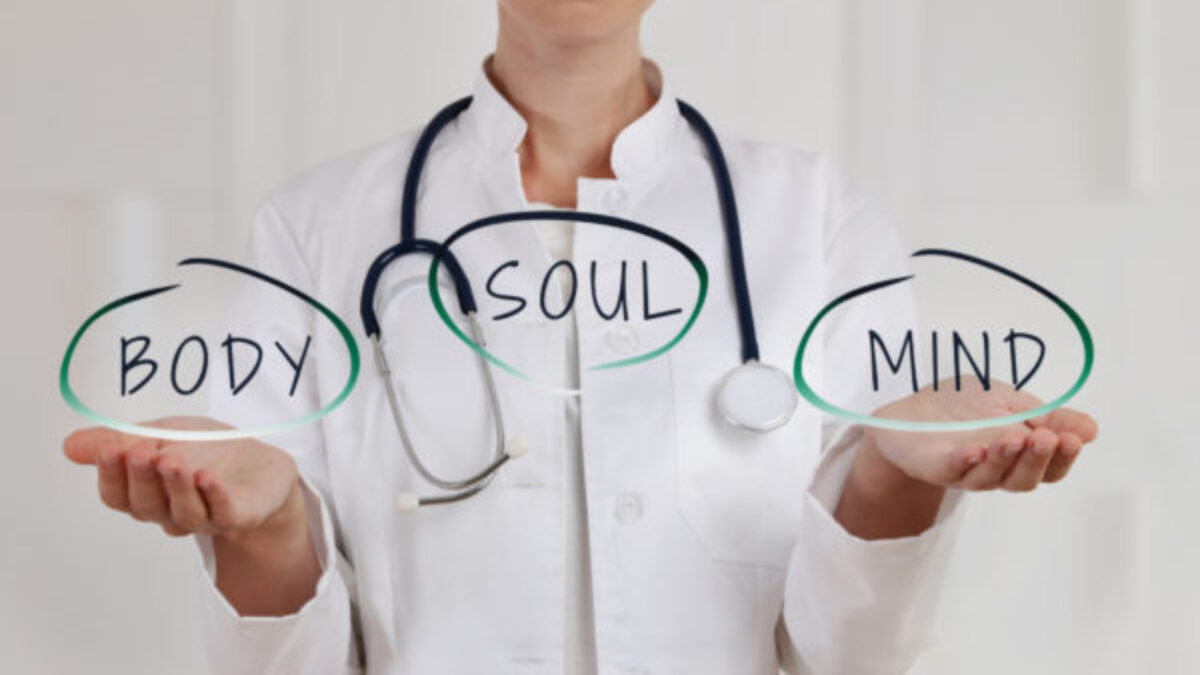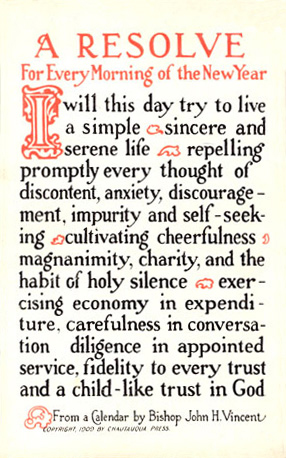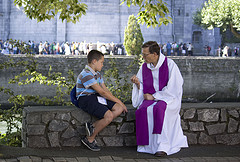There are many different dimensions to every human being. The most obvious is our physical dimension. This is seen by how healthy we are and whether our organs are functioning normally. There’s our cognitive state — how well our brain accepts and processes information. We have an emotional side — the way we cope with different situations. And there is our spiritual state reflected by our relationship with God.
Dealing with illness
An illness of any one of these aspects needs to be addressed. When we’re sick we need to seek proper treatment. If we suffer from emotional issues, we need to get help. Or, if we see someone we care about sick or unhealthy, our love for them prompts us to help them get the treatment they need.

Unfortunately, while many of us take our physical, mental, and emotional health seriously, we too often let our spiritual health deteriorate. When we don’t pray, attend Mass, receive the sacraments, and commit sin, we become spiritually ill. And if we commit a mortal sin, we spiritually die. These spiritual illnesses and deaths are just as serious as any physical illness. And yet, we don’t treat them as such.
There is certainly a pandemic of spiritual illness. We see this in the declining numbers of Mass attendance or the number of people who don’t believe in the core tenents of Catholic teaching like the Real Presence in the Eucharist. I think this spiritual illness is also the cause of general unhappiness and anxiety for many people. God designed us as physical AND spiritual beings. We cannot be fully happy when we live contrary to God’s design. Unfortunately, no amount of leisure or exercise can address the damage inflicted by an unhealthy spiritual lifestyle.
Think about how quickly we jump onto physical health trends or cures to illnesses. People commit themselves to all sorts of diets, supplements, and workouts to stay healthy. Or, if we’re physically sick, we seek a cure to return to normal, often at great cost. We are willing to put in so much time and effort to take care of our physical needs. But many times we don’t prioritize our spiritual needs. How do we get started living a spiritually healthy life? Fortunately, to restore yourself to full spiritual health, all you need is a few minutes with a priest in a confessional.
Miracles all around us
When someone in a state of mortal sin receives the sacrament of reconciliation he is spiritually resurrected from the dead. It is every bit as miraculous as someone physically dead coming back to life (think Lazurus). Or someone with venial sins going to confession is every bit as healed as someone miraculously cured of a physical illness. Just because we don’t see these healings and resurrections with our physical senses doesn’t make them any less real. Day after day, the Holy Spirit is healing and bringing people back to life through the sacrament of confession.

Miracles in the Rosary
Whenever I think about miracles, the Second Luminous Mystery comes to mind. Jesus’ ministry was full of miracles, mostly around curing people of physical illness. Also, people who were lost or steeped in sin came back to life spiritually in their encounters with Jesus. The spiritual healings may not have been as flashy as the physical miracles but were actually more significant. Their eternal souls found new life. When we encounter Jesus in the sacrament of confession, let’s also remember and marvel at the miracle taking place.
The motivation for this article comes from the current discussion over people, particularly politicians, receiving communion in a state of mortal sin. While they may say how important it is for them to receive the Eucharist, they should instead be focused on first receiving the sacrament of reconciliation. As Catholics, we need the benefits of all the sacraments the Church offers, not just the ones that are convenient to us. If those in a state of mortal sin are looking for strength through God’s grace, they first have to desire a spiritual resurrection. When we pray the Fifth Luminous Mystery, let’s ask God to direct those in mortal sin to Confession before receiving Him in the Eucharist.
Sorry for the long delay in new content on RosaryMeds. I was having issues logging into my account and it took me a while to get to the root cause — an update to my computer’s security software was blocking my login attempts. Next time I need to remember to pray to Saint Isidore!













